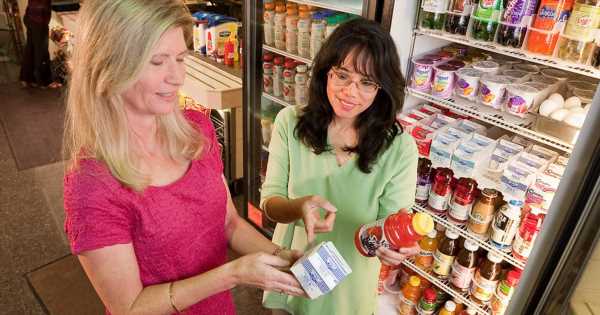Uber Health to add OTC meds, food delivery to its logistics platform
Uber Health announced that payers and providers nationwide can soon use the same platform they may already use for non-emergency medical transportation and prescription delivery to order and deliver other covered items directly to patient homes.
WHY IT MATTERS
Food as medicine programs, designed for patients with complex health and social needs, may reduce avoidable hospitalizations and emergency room visits.
Uber Health says delivery is especially necessary for homebound patients or those with limited transportation or access to food and healthcare resources – social determinants of health that influence chronic conditions affected by nutrition, like diabetes, and impede value-based care.
The company says that 3,000 healthcare organizations are already using Uber Health for transportation to primary care appointments and accessing critical prescriptions. Uber Health launched its HIPAA-enabled API and dashboard in 2018 to offer logistics services to population health management programs.
Soon, these providers will have access to patient benefit data and eligibility files from payers, allowing them to leverage and deploy covered services.
The supplemental benefits can be hard to navigate, and it’s a challenge Uber Health aims to address “head-on,” said Caitlin Donovan, Global Head of Uber Health.
When ordering, coordinators can customize programs to patients’ specific health needs and access Uber’s affiliated grocery and convenience merchants nationwide.
THE LARGER TREND
Food as medicine programs from Medicaid are being tested under the supervision of the Centers for Medicare and Medicaid Services through a framework for Health-Related Social Needs services under Section 1115s.
In December, CMS hosted an all-state call and the agenda addressed nutrition support considered under 1115 demonstrations – up to three meals per day as well as fruit and vegetable prescriptions and protein boxes delivered for up to 6 months for those that qualify under the guidance.
KFF’s online Medicaid Waiver Tracker has information on which state Medicaid programs are granted 1115 waivers. Eight states have waivers pending and Arkansas, Oregon and Massachusetts Medicaid programs are currently piloting grocery programs.
Home-based care management programs have also been shown to reduce hospital readmission rates, but they are challenged by patients’ SDOH.
Individualized care plans have strong potential to improve the health of super utilizers of care while reducing readmission rates, said Dr. Amber Inofuentes, medical director for the Medicine HOME program at UVA Health.
The program supports patients with complex medical conditions like diabetes, substance use disorder, end-stage renal disease and many others.
“The challenge, however, is that many patients with these conditions experience significant social challenges such as unstable living conditions, food insecurity and lack of transportation,” Inofuentes said.
Melissa Sherry, vice president of social care integration at Unite Us, says there is a fundamental shift in the role Medicaid has played in addressing SDOH tech in 2023.
“Rather than its historical focus on clinical care alone, allowing Medicaid to pay for underlying, nonclinical drivers of health shifts Medicaid programs into a whole person-centered paradigm – and one more likely to move the needle on health inequities,” she told Healthcare IT News in December.
ON THE RECORD
“Value-based care is the future of healthcare, but it’s complex and labor-intensive to deliver and scale,” said Donovan in a statement.
“Our platform streamlines coordination across multiple benefits – non-emergency medical transportation, prescription delivery and food and over-the-counter medication delivery, empowering payers and providers to support patients beyond the four walls of a medical office.”
Andrea Fox is senior editor of Healthcare IT News.
Email: [email protected]
Healthcare IT News is a HIMSS Media publication.
Source: Read Full Article
